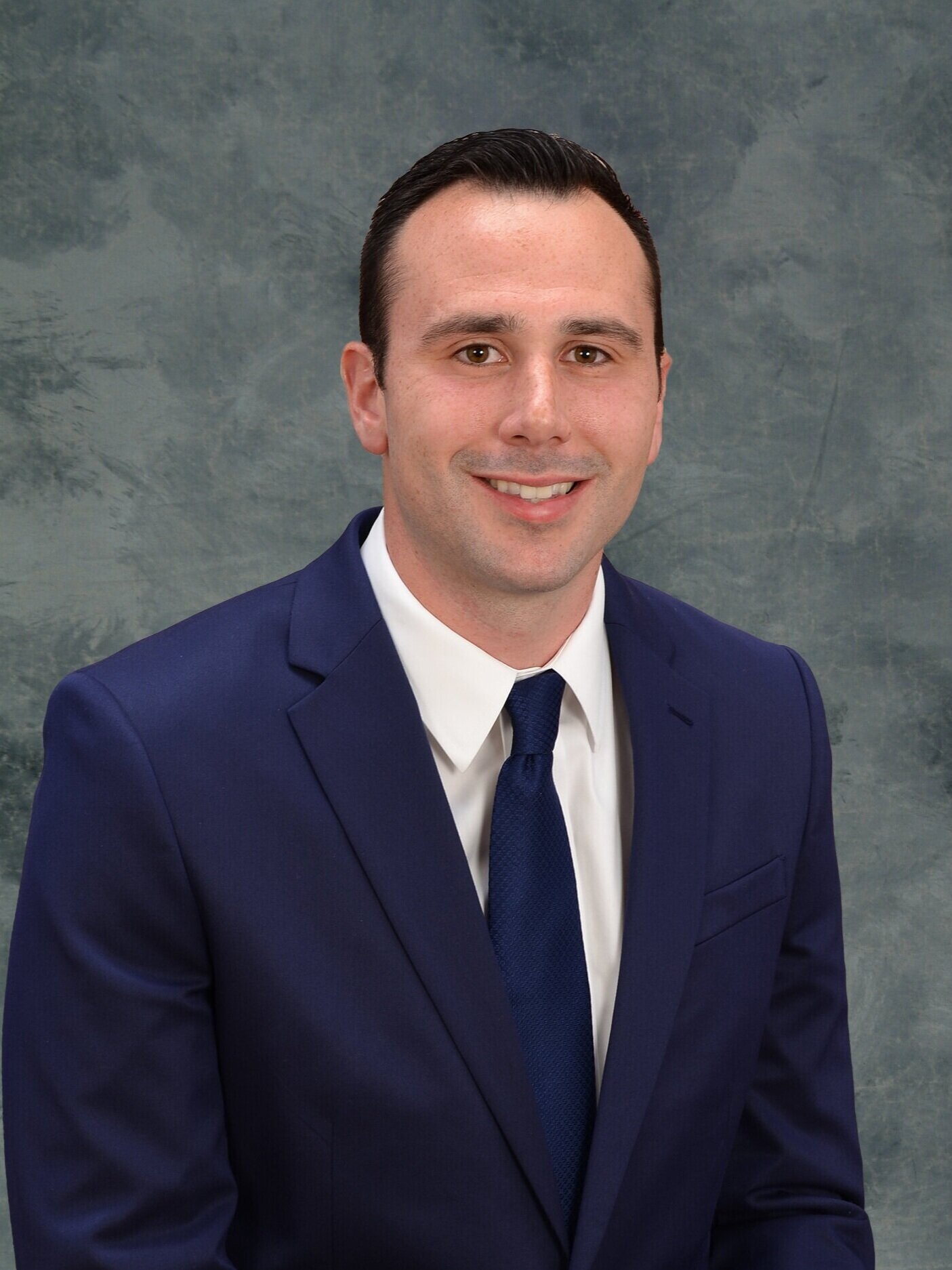Nearly every U.S. state requires its drivers to have liability insurance coverage to drive legally. Additional coverage such as comprehensive auto insurance is optional, although it’s highly recommended considering it covers a range of damages that can occur due to events that are out of your control – theft, vandalism, fire, acts of nature, etc.
If you're shopping for auto insurance or renewing your policy, you may want to consider comprehensive coverage. Producer Myles Trempe discusses what comprehensive insurance helps protect, how it’s different from collision coverage and when drivers should purchase this type of coverage.
What is comprehensive car insurance?
Think of comprehensive insurance as coverage for your vehicle in the event it is damaged for just about anything except a collision with another vehicle or object. Comprehensive auto insurance is supplementary, meaning you have the option to add the coverage to your auto insurance policy. While comprehensive coverage is an option, lenders typically require it if you have financed or leased the car.
What does comprehensive car insurance cover?
Every auto accident that we see at Wallace & Turner is unique; whether comprehensive insurance covers your accident is determined on that specific scenario. Here is what comprehensive insurance normally covers: theft, fire, vandalism, contact with animals (deer hit), falling or flying objects, hail, windshield damage, windstorms, earthquakes, floods.
Comprehensive car insurance (CCI) is a coverage that generally applies to scenarios that are out of the control of the insured. Most frequently, windshield replacements from rocks, vehicle theft and animal related damages are our frequent claims. As we are entering late fall in Ohio, we may have one to two deer hit claims a week. Many clients assume this is a collision loss, but it is in fact a comprehensive loss.
How does comprehensive car insurance work?
The insured must have comprehensive coverage in place on the auto policy at the time of the loss. We recommend vehicle owners to meet with a local, independent agent to review coverages specific to their car. Your policy will specifically list what perils of loss are covered under the comprehensive portion of the contract. Most common coverages are vandalism, theft, fallen objects and fire.
If you have a loss, accident, etc., contact your insurance representative immediately to file a claim. Depending on whether the scenario results in a comprehensive or collision loss will be determined by the insurance company and their adjuster. If you are not sure which coverage best applies to your vehicle, consult with a local agent for peace of mind.
What is the difference between comprehensive auto insurance and collision insurance?
Collision insurance would apply if your vehicle hits an object, such as a utility pole. Comprehensive would apply if the utility pole falls on your car in a parking lot. Collision would apply if your car collides with another vehicle, where comprehensive would apply if an animal collides with your vehicle. Comprehensive applies to a vehicle that is vandalized, stolen, or damaged during a fire or natural disaster.
What's your take on the average driver purchasing comprehensive auto insurance?
First, comprehensive coverage is optional as far as your insurer and state government are concerned. Lenders typically require it if you finance or lease a car. Consider comprehensive coverage if you live in an area with greater likelihood of severe weather, vandalism or theft. Some drivers carry comprehensive coverage because they may not be able to replace the vehicle if it was stolen or totaled from a comprehensive peril of loss. Comprehensive insurance is based on the value of your car. If your car’s value is low, your insurance payout in a claim to replace that car will likely also be low. Depending on the premium in which you pay for comprehensive insurance, it may be in fact higher than the payout of your vehicle in a total loss.
As mentioned earlier, comprehensive insurance is supplementary and should be reviewed with an insurance professional if uncertain on the need.
Questions about comprehensive car insurance or other auto coverage? Contact Wallace & Turner at (937) 324-8492 in Springfield, (937) 652-8492 in Urbana, or info@wtins.com.












